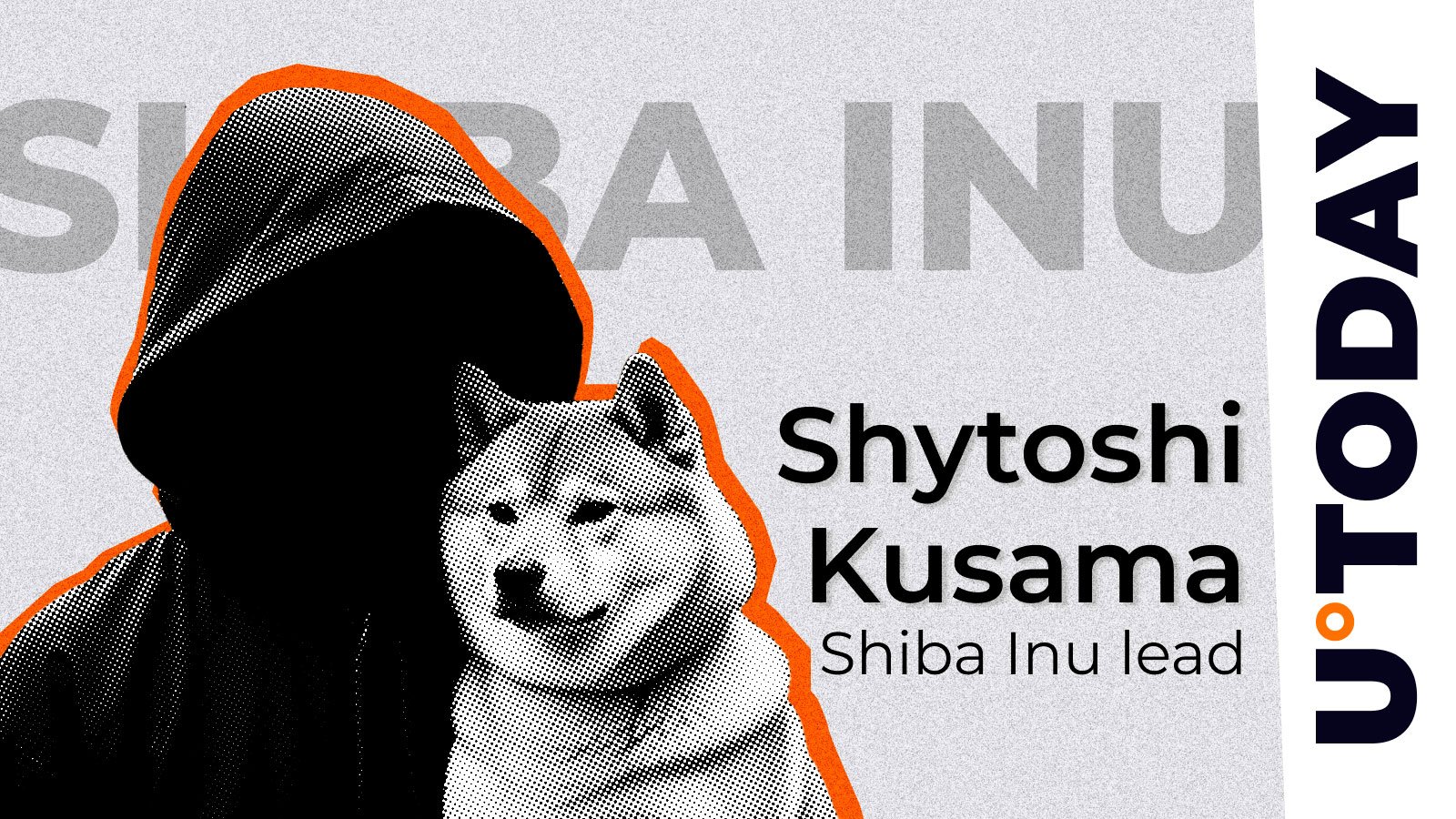- Buterin advocates for a “futures-style” reward system to promote fairness among validators.
- Dynamic block sizes could optimize transaction processing based on network demand.
Vitalik Buterin recently addressed significant issues facing Ethereum’s staking and block production mechanisms. He emphasized the urgent need for innovative solutions to enhance the network’s performance. Firstly, Buterin noted the disparity in staking rewards among validators.
Currently, some validators earn substantially more than others, leading to centralization. To counter this, he suggested adopting a “futures-style” reward system. This system would reward validators based on the amount of ETH staked and their performance. As a result, it could promote fairness and encourage more participation. Moreover, Vitalik highlighted the problem of block production delays. These delays can hinder transactions and impact user experience. To resolve this, he proposed implementing more efficient algorithms.
For example, adopting “longer blocks” can help to reduce the frequency of block creation. This change could improve the network’s throughput and decrease congestion. Additionally, he mentioned the potential of sharding. Sharding can enhance scalability by distributing data across multiple chains, allowing for faster transaction processing.
Vitalik also introduced the concept of “dynamic block sizes.” This mechanism would adjust block sizes based on network demand. If the network experiences high traffic, blocks can grow larger to accommodate more transactions. Conversely, smaller blocks could be used during low-traffic periods. This adaptability could optimize resource use and maintain a smooth user experience.
Decentralization and User Experience
Furthermore, Buterin discussed the importance of enhancing decentralization. He warned against the risks of a small group of validators gaining excessive control. To address this, he recommended increasing the number of validators. Additionally, Vitalik suggested incentivizing smaller validators. This move would help to create a more decentralized network, ensuring that no single entity can dominate.
Transitioning to user experience, Vitalik emphasized the need for simpler interfaces. He noted that complex staking mechanisms can deter new users. By streamlining the process, Ethereum can attract more participants. Thus, improving user experience is critical for the platform’s growth.
In addition, Vitalik proposed the use of enhanced cryptographic techniques. These techniques could improve security while maintaining the network’s performance. By integrating zero-knowledge proofs, Ethereum can ensure transaction validity without revealing sensitive information. This innovation could bolster user trust while facilitating more efficient transactions.
Vitalik’s proposals aim to create a more robust and user-friendly Ethereum. He believes that implementing these changes will enhance the overall network performance. Additionally, these strategies could boost user trust and engagement.
Highlighted Crypto News Today
Elon Musk Did Mention XRP But Did Not Endorse










